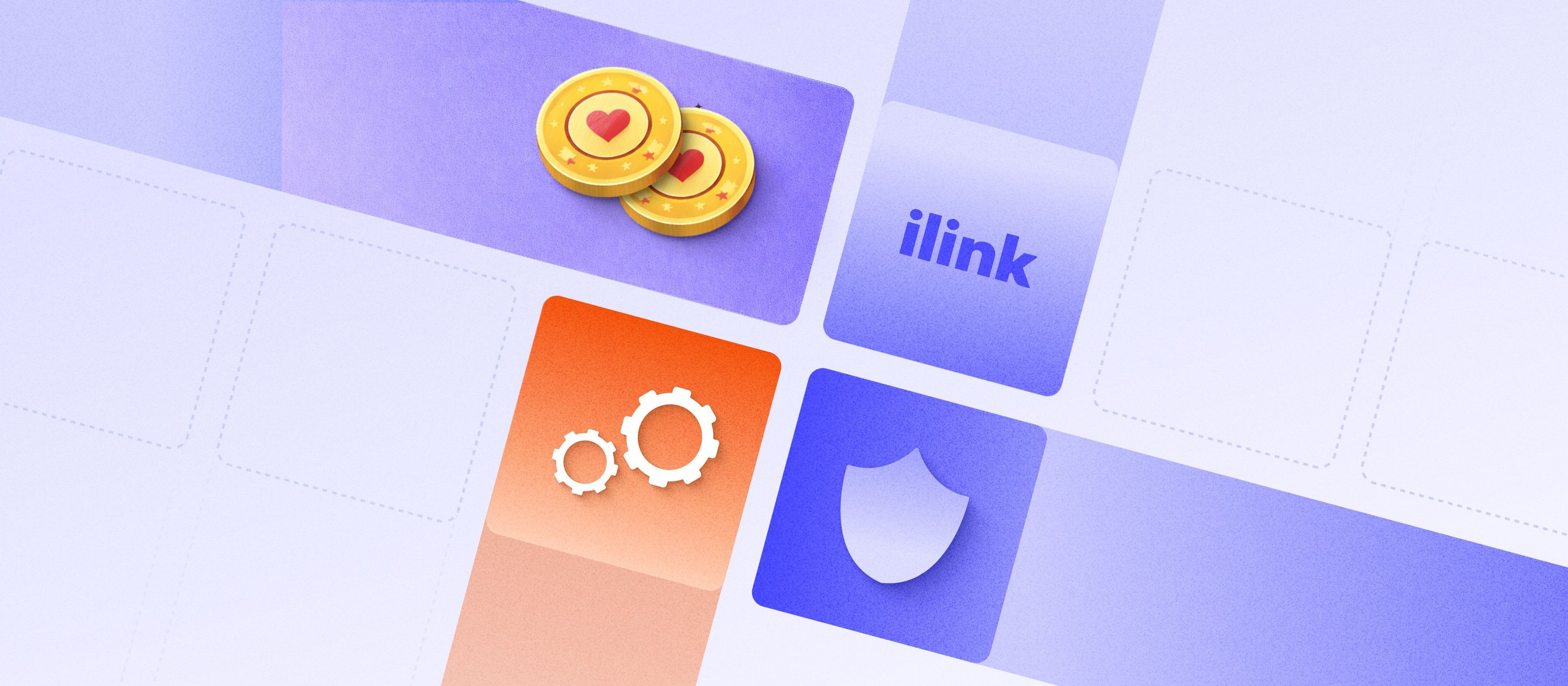The Difference Between Coins and Tokens: Which One Is Right for Your Project?
Introduction
Blockchain technology has introduced a fundamental shift in how digital assets are created, owned, and exchanged, opening the door to entirely new business models and technological ecosystems. From decentralized applications and tokenized assets to cryptocurrencies and on-chain economies, blockchain is reshaping how value is issued and transferred in the digital world.
According to Fortune Business Insights, the global tokenization market was valued at USD 3.32 billion in 2024 and is projected to grow to USD 3.95 billion in 2025, reaching USD 12.83 billion by 2032, with a compound annual growth rate (CAGR) of 18.3%. At the same time, the broader digital asset ecosystem continues to expand. Grand View Research estimates that the global cryptocurrency market will reach USD 6.34 billion in 2025 and grow to USD 18.26 billion by 2033, driven by increasing adoption of distributed ledger technologies across industries.
As blockchain adoption accelerates, one of the most important decisions for founders, developers, and businesses is choosing between a coin or a token. This choice affects network architecture, scalability, security, governance, and long-term viability of a project. Whether you are launching a blockchain platform, building a decentralized application (dApp), or issuing a digital asset, understanding the difference between coins and tokens is essential to building on the right technological foundation.
In this article, we explore how coins and tokens differ, their core use cases, and how to determine which option best aligns with your blockchain project’s goals.
What Are Cryptocurrencies?
Cryptocurrencies are digital assets designed to enable secure, peer-to-peer value exchange over the internet without relying on traditional financial intermediaries such as banks or payment processors. They are built on blockchain technology, which records transactions on a distributed, immutable ledger shared across a network of computers.
Cryptocurrencies can operate as native coins, which run on their own blockchains (such as Bitcoin or Ethereum), or as tokens, which are issued on existing blockchain platforms through smart contracts. Both forms enable programmable transactions, transparency, and global accessibility.
Because transactions are verified cryptographically and recorded on a public ledger, cryptocurrencies offer high security, traceability, and resistance to tampering. These characteristics make them a foundation for decentralized applications, digital finance, and tokenized ecosystems across industries.
As adoption grows, cryptocurrencies are increasingly used not only for payments, but also for governance, asset tokenization, and powering decentralized digital economies.
In simple terms, a cryptocurrency is digital money that exists only online. You can send it directly to another person anywhere in the world, without using a bank or payment company.
Understanding Crypto Coins
What is the Crypto Coin?
Coin is a digital asset that operates independently on its own blockchain and does not rely on the blockchain of other cryptocurrencies. Coins are primarily utilized as a means of payment, exchange, or as a store of value within a specific network. (Quote from www.ledger.com)
Coins are native cryptocurrencies that exist and operate on their own blockchain. Examples of coins include Bitcoin (BTC), which operates on the Bitcoin blockchain, and Ether (ETH), which operates on the Ethereum blockchain.
How Coins Are Used:
Coins generally serve the following functions:
- Transactions. Coins can be used as a medium of exchange, enabling users to buy goods and services.
- Store of value. Coins like Bitcoin are often seen as a store of value, similar to gold.
- Utility. On some blockchains, coins can be used to pay for transaction fees, access services, or participate in network governance.
Pros and Cons of Using Coins:
Pros:
- Established and widely accepted.
- Direct use as a medium of exchange or store of value.
- Suitable for projects looking to launch their own currency or decentralized financial systems.
Cons:
- Building a new coin requires a custom blockchain, which can be time-consuming and costly.
- Requires extensive network security and validation systems.
Planning to launch a coin or token?
We help assess whether a coin or token model best fits your business goals and technical roadmap.

What Are Tokens?
What is a Crypto Token?
Tokens are a type of digital asset that refers to a programmable unit of value or utility and can be used to represent ownership, access rights, or participate in decentralized applications.
(Quote from www.ledger.com)
Tokens are digital assets created on top of an existing blockchain. Unlike coins, tokens don't have their own blockchain but instead leverage the infrastructure of another blockchain platform like Ethereum, the Binance Smart Chain, or Solana.
Types of Tokens:
- Utility tokens. Used to access specific features or services within an ecosystem (e.g., the Basic Attention Token, BAT, for the Brave browser).
- Security tokens. Represent ownership of an asset, such as shares in a company or real estate, and are subject to regulatory oversight.
- Governance tokens. Allow holders to participate in the decision-making process of a decentralized network (e.g., MakerDAO’s MKR token).
- Stablecoins. Pegged to the value of a fiat currency like the US dollar to reduce volatility (e.g., Tether, USDT).
How Tokens Are Used:
Tokens are often used in:
- dApps (Decentralized Applications). Tokens facilitate transactions or provide access to services within decentralized applications.
- ICO/IEO. Many blockchain-based projects use tokens to raise capital through Initial Coin Offerings (ICO) or Initial Exchange Offerings (IEO).
- Voting and governance. Token holders can participate in governance decisions, helping shape the direction of a blockchain network or application.
Pros and Cons of Using Tokens:
Pros:
- Easier to create than coins, as they don’t require developing an entirely new blockchain.
- Highly customizable for various use cases.
- Can be used to raise funds and incentivize users through tokenomics.
Cons:
- Relies on the security and scalability of the underlying blockchain.
- Subject to network congestion or issues on the host blockchain (e.g., Ethereum gas fees).
Key Differences Between Coins and Tokens
While both coins and tokens are digital assets built on blockchain technology, they serve different purposes and are created in fundamentally different ways. Understanding these differences helps determine which option best fits a specific project or business model.
Blockchain Ownership
- Coins operate on their own independent blockchains. They are native assets of a blockchain network and are required to maintain and secure that network.
- Tokens are created on top of existing blockchains using smart contracts and do not require a separate blockchain infrastructure.
Primary Purpose
- Coins are typically used as a medium of exchange, store of value, or network utility. They often function as digital money within their ecosystems.
- Tokens represent programmable assets and can serve many roles, including access rights, governance, rewards, ownership representation, or digital collectibles.
Technical Complexity
- Coins require building and maintaining a full blockchain, including consensus mechanisms, node infrastructure, and network security.
- Tokens rely on existing blockchain infrastructure, making them faster and more cost-effective to launch.
Use Cases
- Coins are commonly used for payments, transaction fees, and securing networks through mining or staking.
- Tokens are used in decentralized applications, DeFi platforms, NFT ecosystems, governance systems, and tokenized real-world assets.
Governance and Control
- Coins usually play a central role in network governance, allowing holders to participate in protocol-level decisions.
- Tokens often govern specific applications or platforms, with rules defined by smart contracts.
Development and Time to Market
- Coins require longer development cycles and higher investment due to infrastructure complexity.
- Tokens can be launched relatively quickly using established standards such as ERC-20, ERC-721, or BEP-20.
Flexibility and Customization
- Coins offer deeper control at the protocol level but require significant technical resources.
- Tokens provide high flexibility through smart contracts, allowing rapid customization and upgrades.
Which One is Right for Your Project?
Choosing between a coin and a token depends on what you are building, how much control you need over the infrastructure, and how quickly you want to go to market. Each option fits different project goals.
When a coin is the right choice
A coin is appropriate when your project requires its own blockchain network and protocol-level control.
Choose a coin if your project involves:
- Building a new blockchain or Layer 1 network;
- Designing a custom consensus mechanism or transaction model;
- Creating a native currency to pay network fees or secure the protocol;
- Running independent nodes and validators.
Examples:
- Bitcoin was created as a decentralized digital currency with its own blockchain.
- Ethereum (ETH) serves as the native asset that powers transactions and smart contracts on the Ethereum network.
- Solana (SOL) uses its coin to secure the network and pay transaction fees.
Coins are best suited for infrastructure-level projects but require significant technical resources, time, and investment.
When a token is the right choice
A token is the better option when you want to build on an existing blockchain and focus on applications, ecosystems, or digital assets.
Choose a token if your project involves:
- Launching a decentralized application (dApp);
- Creating a utility or governance asset;
- Tokenizing real-world or digital assets;
- Building DeFi, NFT, gaming, or loyalty systems;
- Reaching the market quickly with lower development cost.
Examples:
- USDT and USDC are stablecoins issued as tokens on multiple blockchains.
- UNI governs the Uniswap decentralized exchange.
- NFTs represent digital ownership in art, gaming, and collectibles.
- LINK tokens are used to pay for oracle services in the Chainlink ecosystem.
Tokens benefit from existing blockchain security, tooling, and developer communities, making them ideal for fast innovation and scalability.
A simple decision framework
- Build a new network → Coin.
- Build an application or ecosystem → Token.
- Need fast launch and lower cost → Token.
- Need full protocol control → Coin.
Not sure which option is right for your project?
Team of blockchain experts at ilink can help guide you through the process of choosing the right digital asset solution.

Why Companies Choose ilink to Develop Cryptocurrency Coins and Tokens
Companies choose ilink for cryptocurrency coin and token development because creating digital assets requires more than writing smart contracts. It demands a strong understanding of blockchain architecture, security, token economics, and long-term scalability.
With 13 years of experience in software and blockchain development, ilink helps businesses design and launch coins and tokens that are technically sound, secure, and aligned with real use cases. The team supports projects at every stage, from selecting the right blockchain model to implementing smart contracts and preparing assets for real-world operation.
Key reasons companies work with ilink include:
- Expertise in both coins and tokens, including Layer 1, Layer 2, and token-based architectures;
- Secure smart contract development with a focus on minimizing vulnerabilities;
- Tokenomics and governance design to support sustainable ecosystems;
- Compliance-aware development for regulated and enterprise environments;
- Scalable architecture built for long-term growth;
- End-to-end delivery, from concept and development to deployment and post-launch support.
By working with ilink, companies reduce technical risk, accelerate time to market, and ensure their cryptocurrency assets are built on a solid and future-ready foundation.
Comments (0)
Latest Posts
Learn how AURI, the automated AI call center, transforms business communication. Natural dialogue, CRM integration, omnichannel support, rapid deployment, and enterprise-grade security in one intelligent solution.
Learn how to build an online casino that scales: games, payment options, compliance basics, risk controls, and operational automation for growth.
Want to avoid common mistakes in token or coin launches?
ilink applies proven security practices and tokenomics expertise to reduce technical and economic risks.




